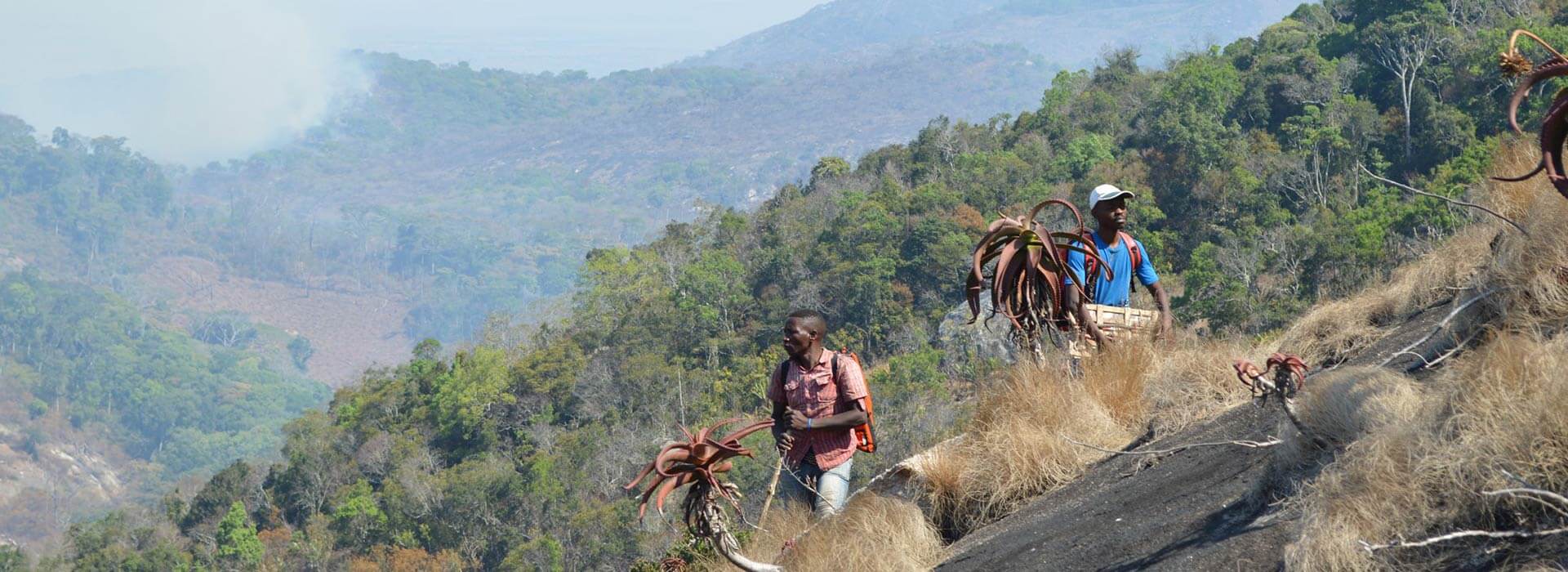
HOME > KEW GARDENS
KEW GARDENS
Founded in 1759, the Kew Royal Botanical Gardens inspires and delivers science-based plant conservation worldwide. Its unique collections, leading scientists, and partnerships with key organisation and rural communities in over 110 countries make Kew a global resource for plant and fungal knowledge. Kew’s ability to mobilise its data and expertise enables it to play a key role in addressing the challenges facing the natural world and mankind and to work with conservation partners and decision makers in resource -poor countries.
According to Kew, one in five of the world’s plant species is threatened with extinction; many of these occur in the tropics, where species extinction continues due to destruction of natural habitats for agriculture, industry, energy and other development. These biodiversity dense areas are often found in tropical countries such as Mozambique, Guinea, Cameroon, Uganda, Indonesia, Bolivia and the UK Overseas Territories.
The Oppenheimer Generations Foundation has partnered with Kew on its Mozambique Tropical Important Plant Areas (TIPAs) project. Mozambique is a vast country of over 800 000 km2 with a 2 700 km coastline.



It supports rare and unique species, many of which are threatened by the expanding human population and the conversion of habitats for farming, fuel and urbanisation. The project aims compile a list of globally threatened vascular plant species; utilise the data to identify priority sites for plant conservation at a national scale; work with national partners to promote inclusion of priority sites within national conservation/land management frameworks; increase capacity of conservation assessment for local partners; support the development of community-led sustainable land use practices; enable the discovery and publication of new species and develop a replicable model which can be employed in other tropical countries.
The TIPA Mozambique project is a 5-year project running from 2017 to 2021. Kew is working in Mozambique to identify rare and threatened habitats providing recommendations for their sustainable use and protection. Kew’s work in Mozambique is empowering local partners at the national, regional and local levels to deliver critical conservation techniques benefiting people and wildlife.
The Tropical Important Plant Areas (IPAs) project in Mozambique is – for the first time - unlocking a wealth of information on the rich plant diversity of this special country. Through this work, we are enabling effective conservation efforts by identifying where exactly Mozambique’s richest and most vulnerable biodiversity is located. This network of IPAs will provide a focus for plant conservation efforts in Mozambique going forward and will help to safeguard this unique biodiversity and the key benefits that the plant species and their ecosystems provide for local communities.
Dr. Iain. Darbyshire


